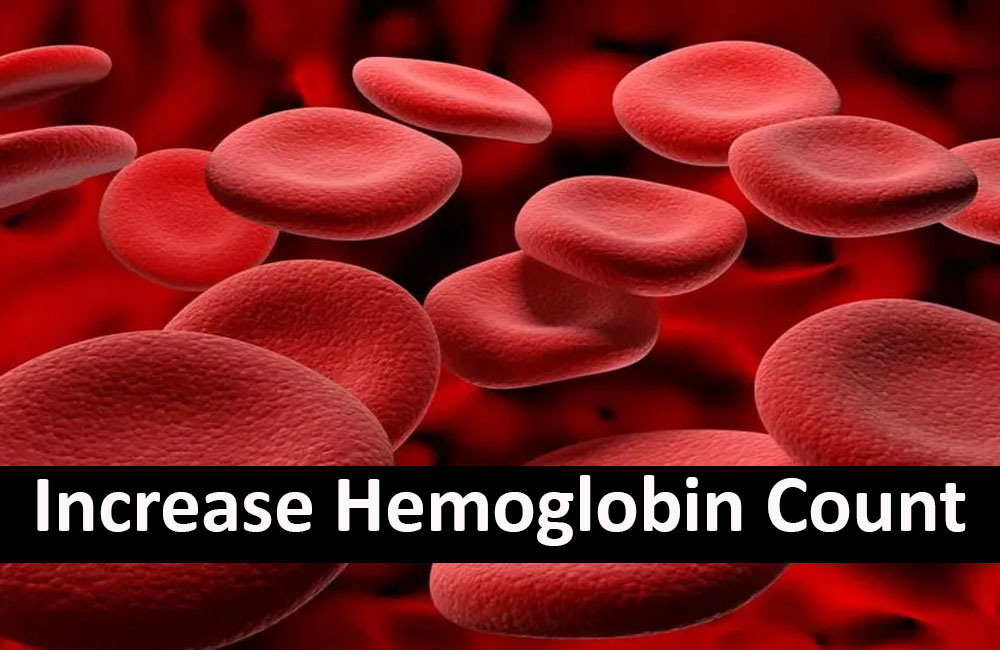
Low hemoglobin levels nowadays are a very common disorder. Hemoglobin is a protein that is present in red blood cells. With this disorder, your body fails to produce enough red blood cells. A low hemoglobin level usually results from various health conditions; however, there are several ways in which you can increase your hemoglobin count.
What is low hemoglobin?
Hemoglobin is an iron-containing protein present in red blood cells that transports oxygen to various organs and tissues and also carries carbon dioxide back to the lungs. Low hemoglobin can occur due to various reasons; the common causes include anemia and cancer.
What is the normal range of hemoglobin?
Hemoglobin levels are usually measured in grams per deciliter (gm/dL) in the entire blood sample. However, the normal range may depend on various factors, including age, sex, and ethnicity. Normal hemoglobin level ranges are as follows:
How would I know if I have a low hemoglobin count?
Individuals may experience certain symptoms of a low hemoglobin count, such as:
However, a low hemoglobin level cannot be diagnosed only based on the symptoms. To determine whether you have a low hemoglobin level, your doctor would prescribe you a complete blood count test. Thyrocare full body checkup does contain a complete blood count test as well.
What causes a low hemoglobin count?
There are many possible causes of low hemoglobin levels. The most common causes include:
5 effective ways to raise the hemoglobin count:
1. Increase iron intake: Iron deficiency is the most common cause of low hemoglobin levels and anemia. Therefore, increasing your iron intake can help in the production of red blood cells and also support the structure of the red blood cells.
A person with low hemoglobin levels should consume a high amount of iron-containing foods, such as:
2. Increase folate intake: Vitamin B9 is also known as folate or folic acid, which is essential for hemoglobin production. Your body makes use of folate to produce heme, which is a component of hemoglobin that carries oxygen. The good sources of folate include:
3. Boost iron absorption: Low hemoglobin may happen if your body fails to absorb iron efficiently. Certain vitamins, such as vitamin A, vitamin C, and beta-carotene, can help in the absorption of iron. Fish, sweet potatoes, and collards are high in vitamin A. On the other hand, most citrus fruits like oranges, papayas, guavas, and strawberries, are high in vitamin C. Mangoes, squash, carrots, and turnips are great sources of beta-carotene.
4. Take iron supplements: Your doctor may recommend taking iron supplements if you have an extremely low hemoglobin count. These medicines can help raise the hemoglobin count over a few weeks. However, your doctor may suggest taking medicines for several months in order to increase the body's iron levels.
You can increase your hemoglobin count over a few months with certain dietary changes and proper medications. However, it is important to take notice of your improvement with a thyrocare blood test. If your condition does not improve, then further treatment, such as a blood transfusion, might be required.